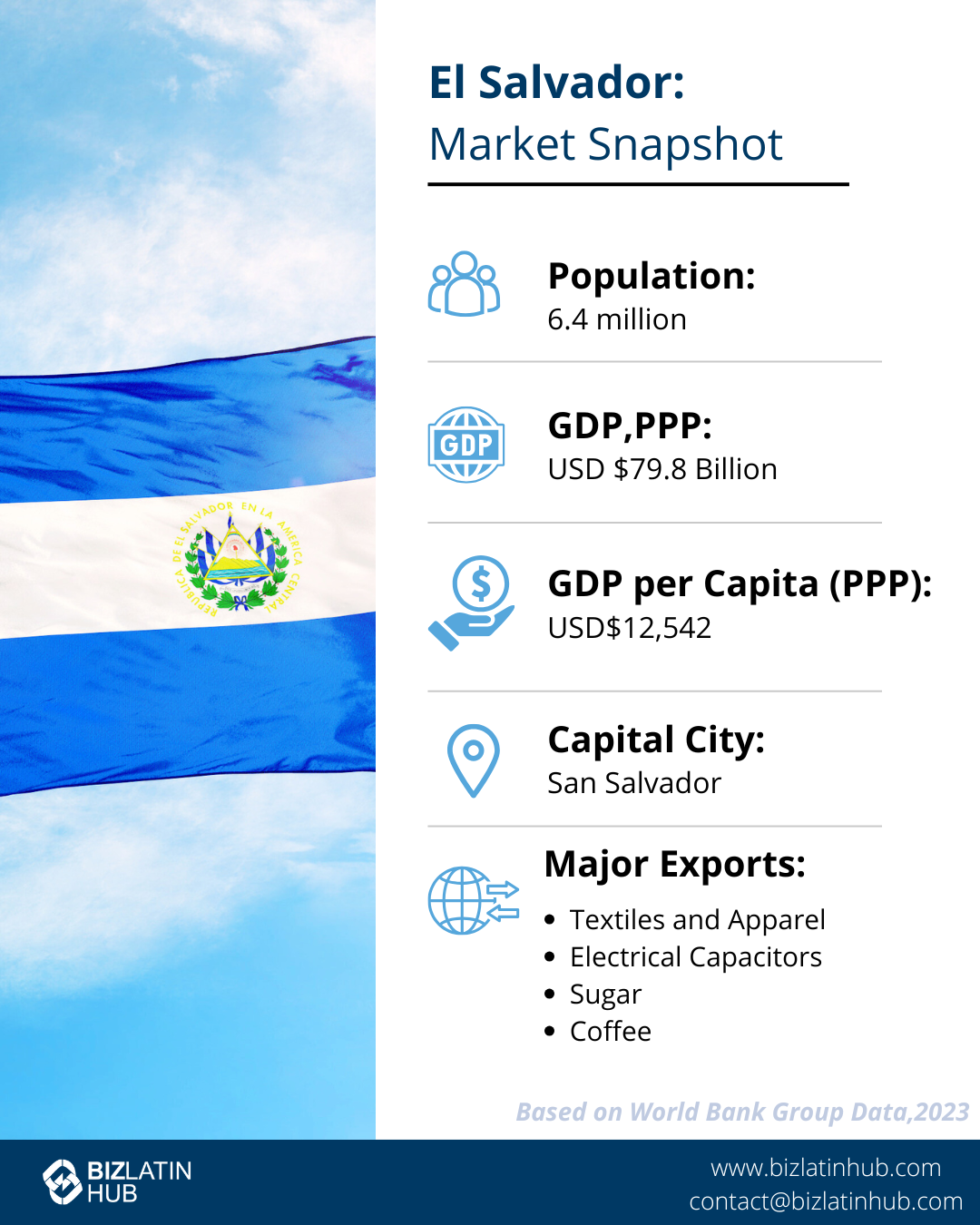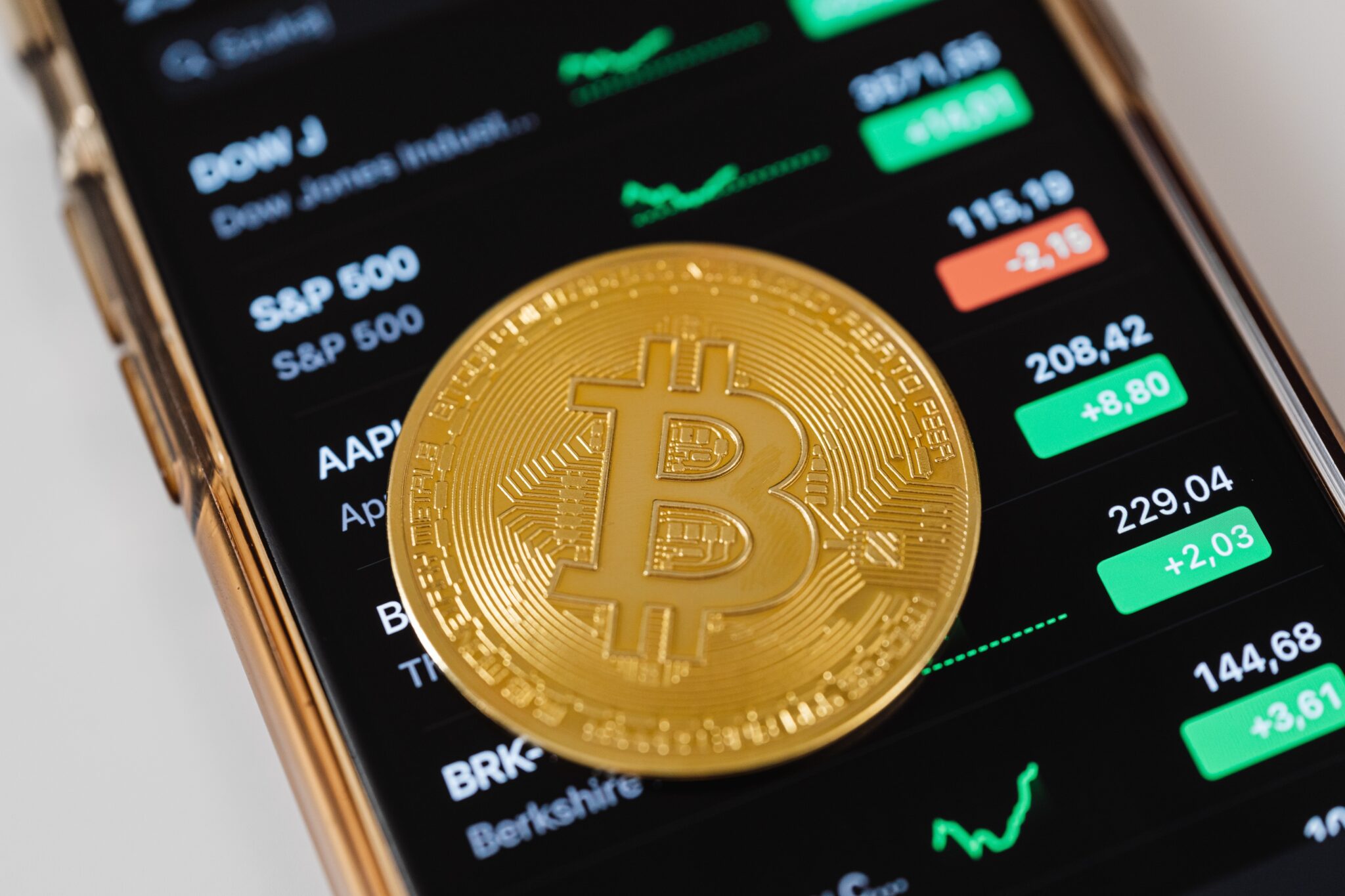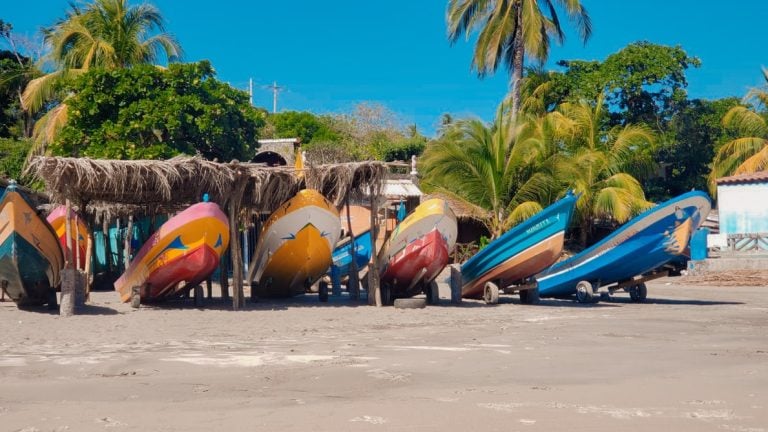Since early June, El Salvador has been making international headlines after a law was approved to make the cryptocurrency Bitcoin an official tender. But how did the El Salvador Bitcoin law come to happen and what do we know of the details?
El Salvador Bitcoin Law: How did we get here?

In early June, El Salvador’s National Assembly passed the so-called Ley Bitcoin (Bitcoin Law). The law makes El Salvador the first sovereign nation in the world to recognize Bitcoin, and the decision saw the value of the cryptocurrency spike.
Yet it was not without controversy, with the World Bank rejecting a request from El Salvador to assist in implementing the law, owing to security concerns related to the cryptocurrency.
“While the (Salvadoran) government did approach us for assistance on Bitcoin, this is not something the World Bank can support given the environmental and transparency shortcomings,” a World Bank spokesperson told Reuters.
SEE ALSO: Company Formation in El Salvador
That comes amid concern about regulatory repercussions from adopting Bitcoin as an official currency, with Fitch Ratings highlighting increased regulatory, financial, and operational risks for financial institutions in the country.
“Including the potential of violating international anti-money laundering (AML) and terrorist financing standards,” read a statement released by the ratings agency on June 25.
However, the Salvadoran government has remained unperturbed by those concerns, and on September 7, the El Salvador Bitcoin Law will come into effect.

New Bitcoin Law: what it means in practice

The El Salvador Bitcoin Law will effectively make Bitcoin an official currency, meaning that most businesses and service providers will be obliged to accept transactions in the cryptocurrency.
The value of Bitcoin in El Salvador will be pegged to its US dollar exchange rate — something made relatively straightforward in the Central American country, given that it adopted the US dollar as its official currency back in 2001.
Under the El Salvador Bitcoin Law, all financial obligations expressed in dollars that were outstanding before the law came into force, including taxes and other contributions to the State, may be paid in Bitcoin. What’s more, with Bitcoin becoming an official currency, it will avoid capital gains tax, with it currently being treated as an intangible asset.
With Bitcoin earning the same status as US dollars, sellers and service providers must offer their products in both US dollars and Bitcoin, based on the current exchange rate. The only exemptions to this stipulation are for those sellers who cannot reasonably be expected to have access to the necessary technology in order to facilitate transactions in Bitcoin.
However, the Salvadoran government is encouraging people to adopt Bitcoin and putting measures in place to make the cryptocurrency as accessible as possible to the local population, which totals more than 6 million people.
One such move will be the development of a digital wallet known as ‘Chivo,’ with new users being given $30 worth of Bitcoin for setting up. A cryptocurrency exchange will be run by a trust at the Development Bank of El Salvador (BANDESAL), with transactions carried out using Chivo being exempt of commission.
The government has said it will provide training to people for the use of Chivo, and other applications related to El Salvador Bitcoin, as well as unrestricted use of the application without the need to have mobile data.
During a national address on 24 June, President Nayib Bukele defended the law, insisting it would attract investment and boost consumption, also stating that bank accounts will remain in dollars, while salaries and pensions will continue to be paid in dollars.
Biz Latin Hub can assist you in doing business in El Salvador
At Biz Latin Hub, our multilingual team of corporate support experts is ready to assist you in doing business in Central America and help you navigate El Salvador Bitcoin legislation. With our comprehensive back-office services portfolio that includes company formation, legal, accounting, and recruitment services, we can be your single point of contact to manage your commercial operations in El Salvador, as well as your ongoing operations in other 17 countries across Latin America and the Caribbean.
Contact us now to discuss your business needs.
Or read about our team and expert authors.






